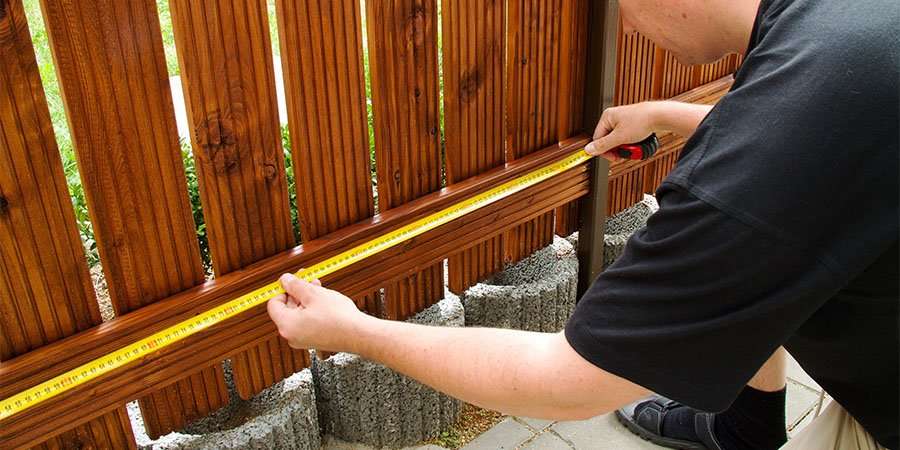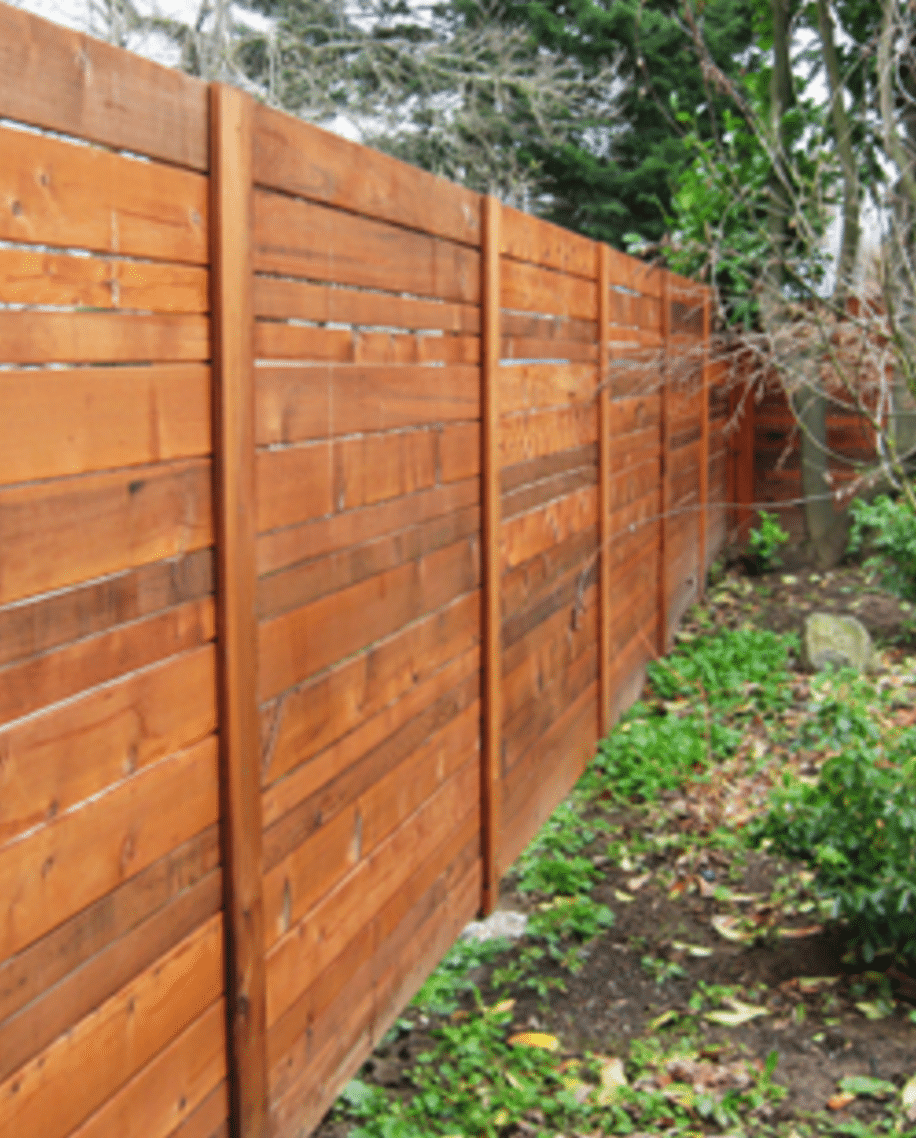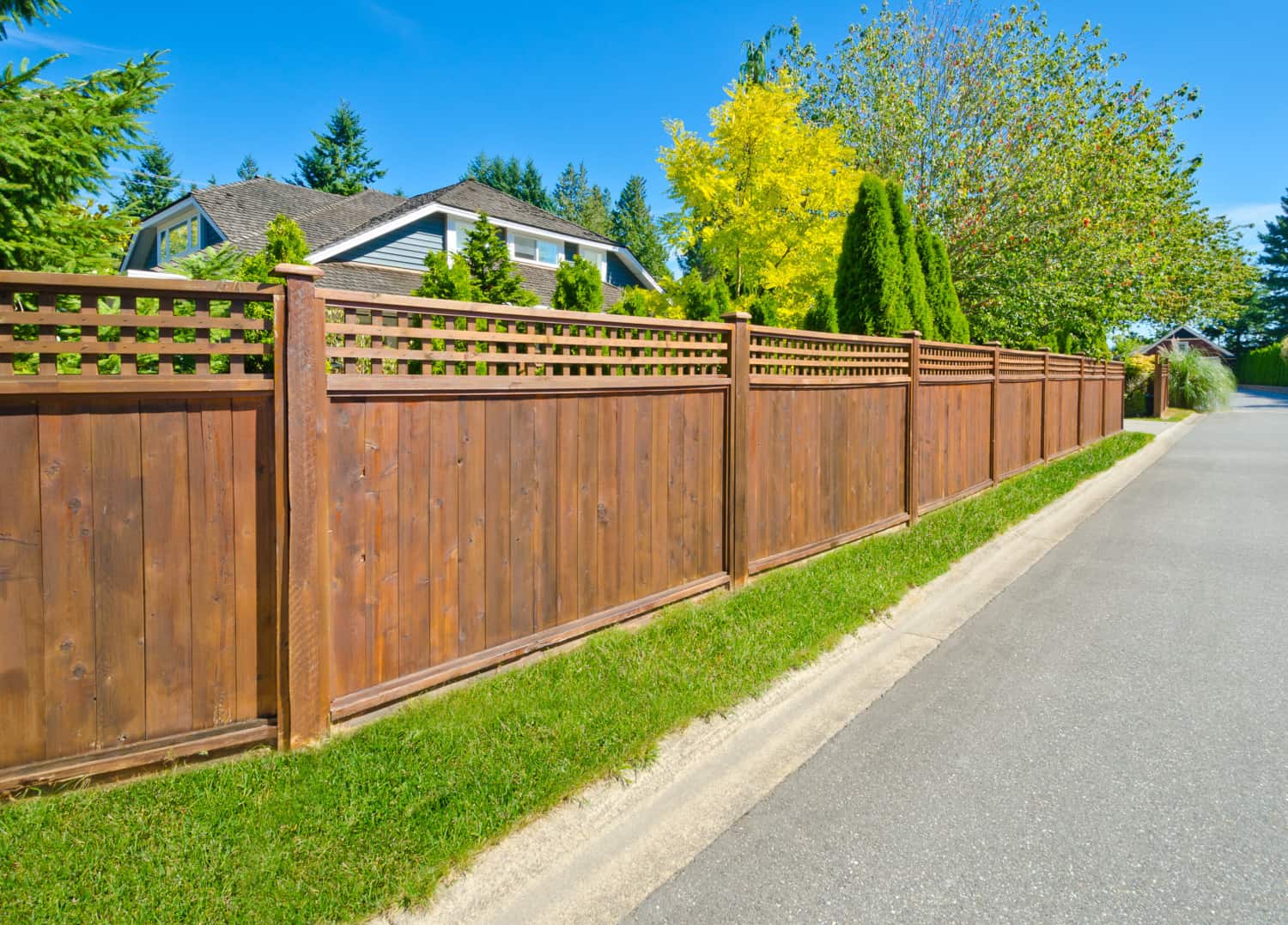All Categories
Featured

Selecting the appropriate secure fencing material is essential for accomplishing the balance of resilience, visual appeals, and performance that matches your residential property. Timber, vinyl, and aluminum are popular choices, each with unique features that accommodate particular demands. Below's an extensive take a look at the advantages and downsides of these three materials.
Timber Fencing. Pros:. Ageless Appeal: Wood offers an all-natural, timeless look that matches various building styles. Customizable: It can be repainted or discolored in a variety of styles and colors. Affordable: Wood fencings are typically less costly in advance than plastic or light weight aluminum. Eco-Friendly: As a renewable energy, wood is lasting and naturally degradable when sourced properly. Cons:. Maintenance-Intensive: Calls for routine discoloration, painting, or sealing to safeguard versus weather and pests. Much Shorter Lifespan: Relying on the sort of timber and environment, it commonly lasts 10-15 years. Susceptability to Damage: Prone to decomposing, warping, and termite damages without proper care. Timber is excellent for house owners who value looks and are eager to invest effort and time in maintenance to extend its life.
Vinyl Fencing. Pros:. Long lasting: Resistant to parasites, rot, and climate, vinyl keeps its structure in severe problems. Low Upkeep: Calls for little upkeep beyond occasional cleaning. Lengthy Life expectancy: Vinyl can last 20-30 years without substantial wear or damage. Functional Styles: Readily available in numerous colors, appearances, and designs, including options that simulate wood. Disadvantages:. Expensive Installation: Vinyl fencings are a lot more expensive to install compared to timber. Brittle in Cold Weather: Vinyl can fracture in severe chilly climates. Difficult to Fixing: If harmed, entire areas might need substitute, which can be testing to match. Vinyl fence is an excellent choice for those focusing on long life and marginal upkeep, even if it features a higher ahead of time cost.

Light Weight Aluminum Fence. Pros:. Rust-Resistant: Light weight aluminum does not rust, making it excellent for damp or moist locations. Light-weight but Strong: Deals strength without being extremely hefty, which simplifies installment. Low Maintenance: Calls for bit more than cleaning and occasional repainting. Long life: Aluminum fencings can last for years without substantial degeneration. Sophisticated Styles: Usually utilized for ornamental functions, aluminum adds refinement to any kind of property. Cons:. High Initial Price: Light weight aluminum fencings are among the more pricey alternatives. Limited Privacy: Frequently designed with open rooms, they don't block views or noise. Susceptible to Damages: While strong, light weight aluminum can be nicked or curved with heavy influence. Light weight aluminum is best suited for those who want a resilient, elegant fence and do not need complete personal privacy.
Making the Right Choice. Each product has its weak points and toughness:

Wood is excellent for eco-conscious customers and conventional visual appeals that don't mind upkeep. Vinyl helps homeowners seeking a weather-resistant, low-maintenance option. Light weight aluminum is a resilient, decorative alternative for those who want elegance and longevity. Consider your top priorities-- whether it's price, appearance, personal privacy, or upkeep-- and speak with a fence expert to choose the material that ideal fulfills your demands. A well-selected fencing will enhance your residential or commercial property for many years to come.
Latest Posts
Introducing the Auto Specialists Behind Montclare Auto Repair - Committed to Excellence
Published Apr 20, 25
2 min read
Unlock Greater Profits with WyHy Cash Market Accounts
Published Apr 20, 25
1 min read
Protect Your Future with WyHy's Special Certificate Options
Published Apr 20, 25
1 min read
More
Latest Posts
Introducing the Auto Specialists Behind Montclare Auto Repair - Committed to Excellence
Published Apr 20, 25
2 min read
Unlock Greater Profits with WyHy Cash Market Accounts
Published Apr 20, 25
1 min read
Protect Your Future with WyHy's Special Certificate Options
Published Apr 20, 25
1 min read